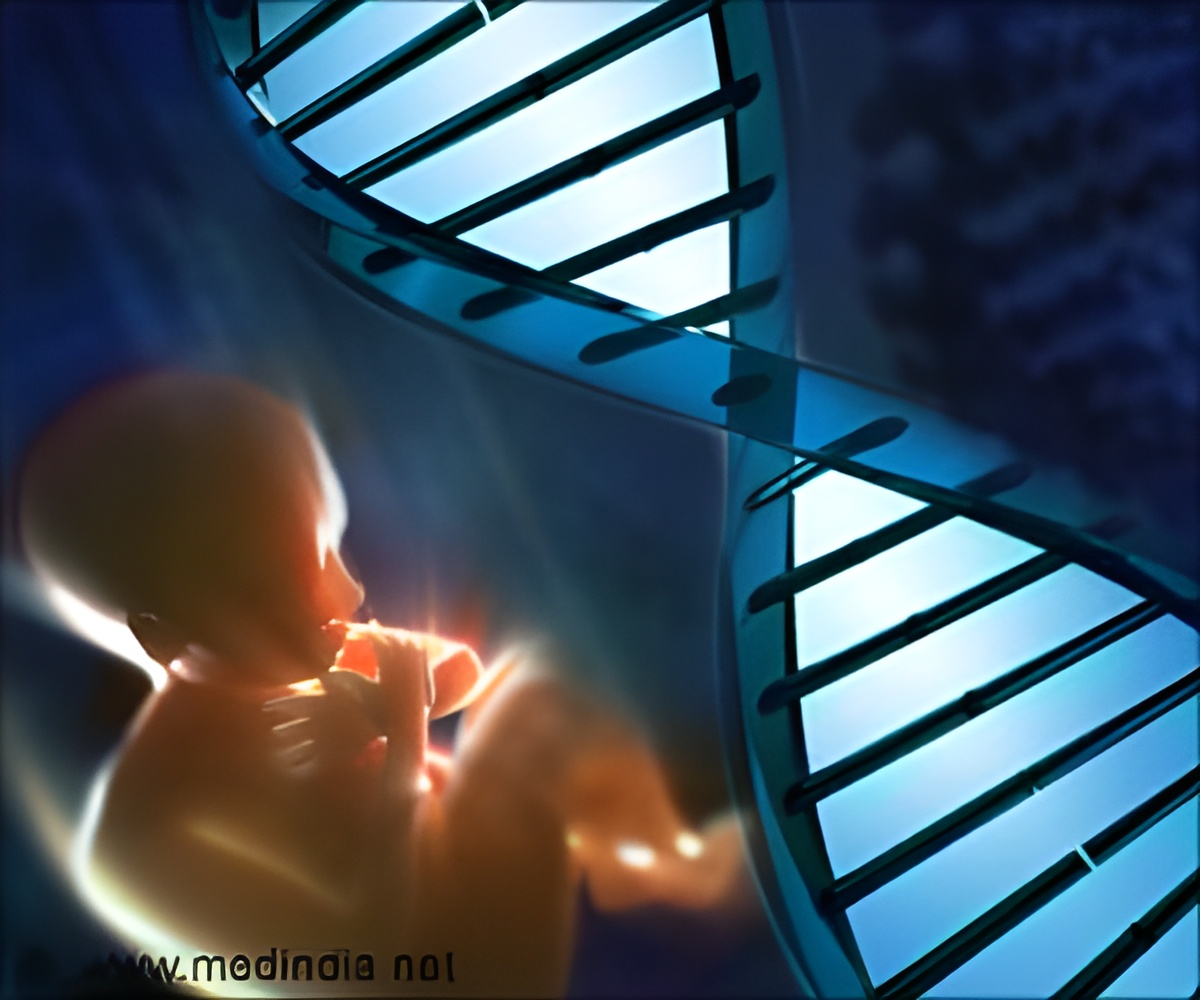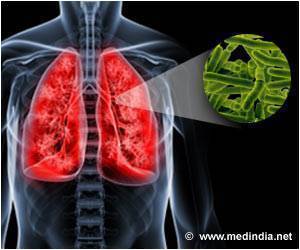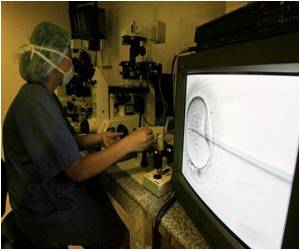Entire genome of a fetus with the DNA obtained from the mother’s blood was sequenced.

This enables detection of virtually any known congenital genetic disease since it can detect all types of DNA mutations.
The next-generation sequencing technologies continue to make sequencing easier for individual genomic DNA. Sequencing of fetal genome becomes difficult because of mixing of maternal and fetal DNA in mother’s blood; however, by using the fact that only one-half of the base-pairs come from mother and the other half of the child’s DNA is from father, the difference in the DNA could be identified. Normally, high-throughput sequencing is done of small fragments of DNA that are then put-together based on matching overlapping portions. The DNA from mother is sequenced over-and-over again to match the overlapping regions and to assemble the two distinct, yet similar genomes. To find out which was the child’s DNA, the scientists had to sequence the father’s DNA. The sequence that was more similar to the father’s was the child’s DNA, while the other was the mother’s DNA.
It may take a few more years for this new technology to be available for routine use. The scientists were successful in sequencing 98% of the fetal DNA using mother’s blood, which they could confirm after checking their results with the baby’s blood after birth. The essence of this study lies in the fact that the study confirms the practical feasibility of the method for prenatal diagnostics and also validates the uses of non-invasive fetal genetic tests using mother’s blood.
Source-Medindia















